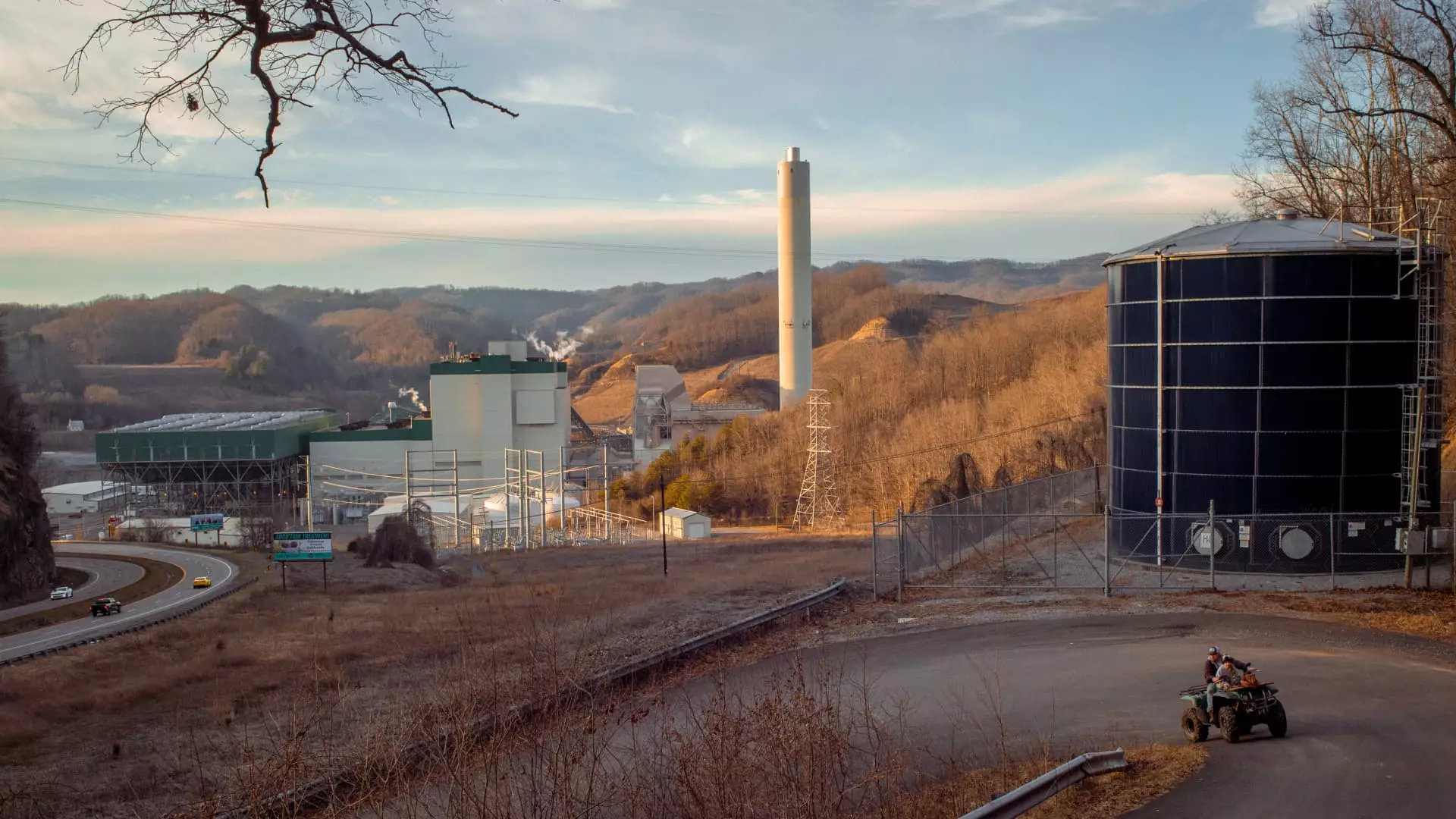Dominion Energy is actively seeking partnerships with technology companies to pioneer the development of small modular nuclear reactors (SMRs). This strategic move comes on the heels of a recently forged collaboration with Amazon, highlighting an emerging trend in the energy sector where major tech users are keen to invest in next-generation energy solutions. As energy demands surge—especially with the rise of data centers powered by artificial intelligence—the need for reliable and carbon-free energy sources becomes increasingly critical.
The partnership between Dominion Energy and Amazon was formalized through a memorandum of understanding, aimed at exploring the feasibility of establishing an SMR facility adjacent to Dominion’s North Anna nuclear station in Louisa County, Virginia. The proposed reactor, which is projected to generate 300 megawatts of power, signifies not only a technological advancement but also reinforces Virginia’s status as a nuclear-friendly state. With bipartisan support for innovative nuclear projects, the conditions are ripe for such initiatives to flourish.
Robert Blue, CEO of Dominion Energy, expressed optimism during a recent earnings call, noting that the collaboration signals the tech sector’s recognition of Dominion as a reliable partner for nuclear energy. The interest shown by large companies reflects a broader industry acknowledgment of the role that nuclear energy can play in meeting sustainability goals. As tech giants grapple with their environmental impact, investing in SMRs could provide a pathway to achieve their carbon neutrality ambitions while securing a stable energy supply.
Small modular reactors emerge as a promising solution to the challenges facing traditional nuclear energy. Designed to be less capital-intensive and quicker to deploy, SMRs offer a more flexible approach to nuclear energy generation. Their reduced physical footprint allows for simpler site selection and the potential for construction in various geographic locales. However, despite the advantages they offer, the journey to commercial viability has been lengthy. Currently, there are no operational SMRs in the United States, highlighting a critical gap in the technology’s development trajectory.
Future Prospects and Challenges
The participation of tech companies in the nuclear sector is indicative of a transformative phase in energy consumption patterns. Major corporations like Microsoft and Google have already made commitments to partner with nuclear facilities to meet their energy needs, pointing towards a collective realization regarding the importance of nuclear power in achieving sustainable development. As these companies seek to balance their energy demands with environmental responsibilities, the momentum behind SMRs could provide a significant step forward in overcoming barriers related to energy production.
The dialogue between Dominion Energy and leading technology firms represents more than just a business decision; it symbolizes a hopeful glimpse into a future where innovative energy solutions harness the potential of nuclear power while addressing the pressing issue of climate change. As stakeholders collaborate and drive efforts toward realizing SMR technology, the prospect of a carbon-free nuclear energy landscape becomes an attainable goal.

